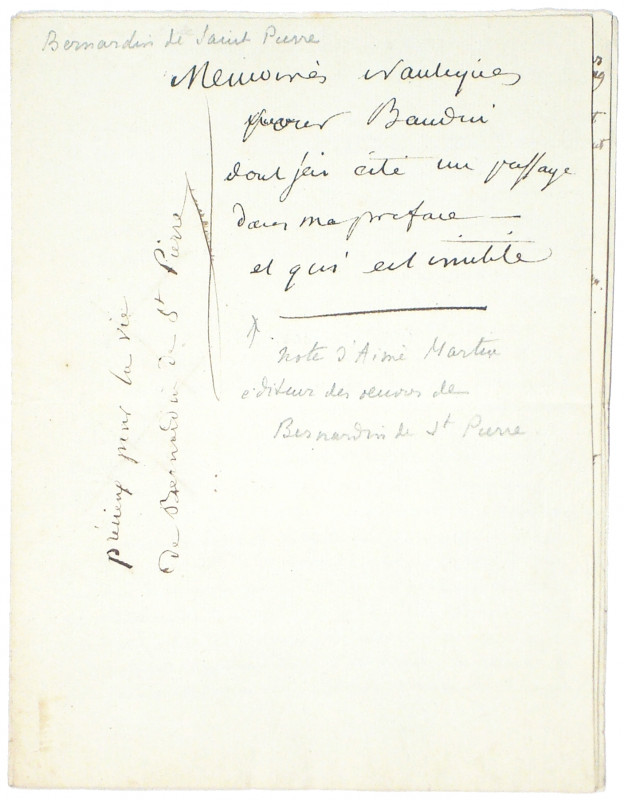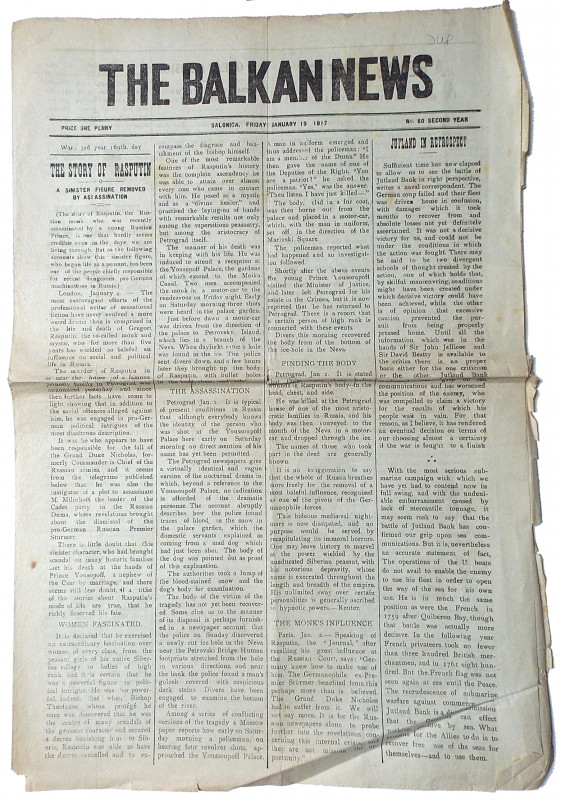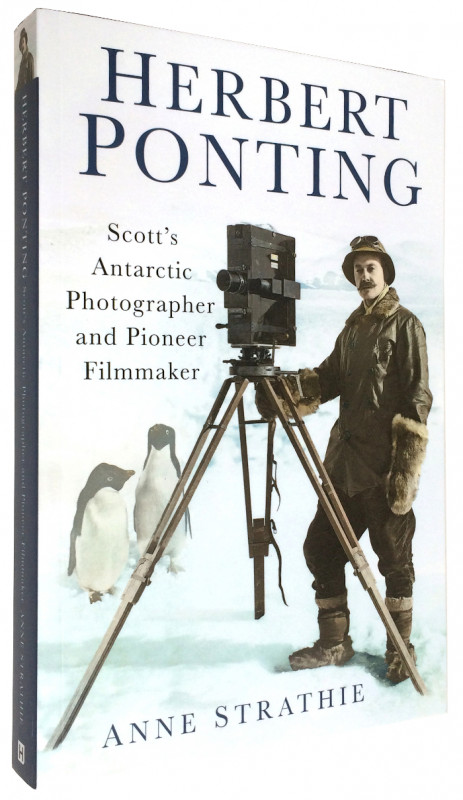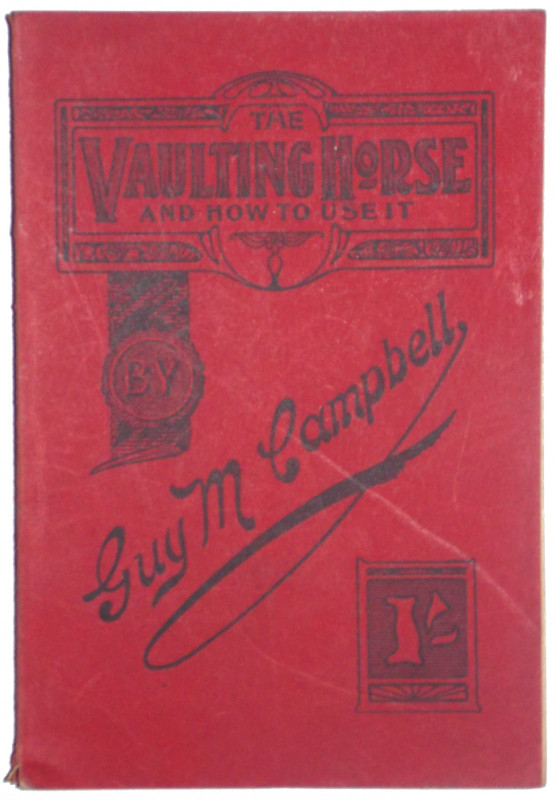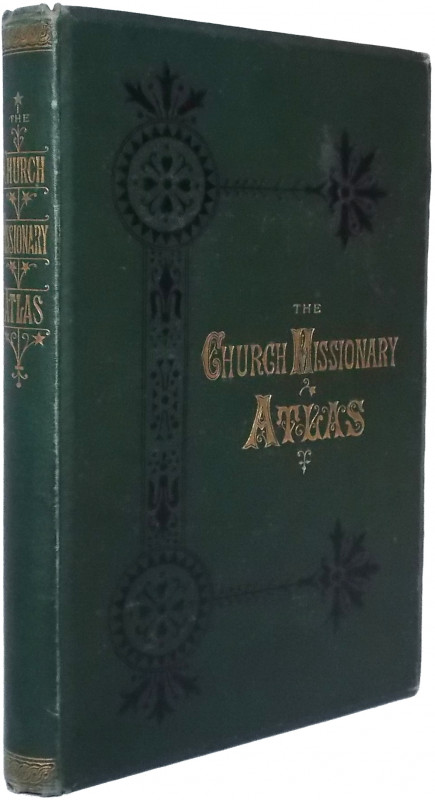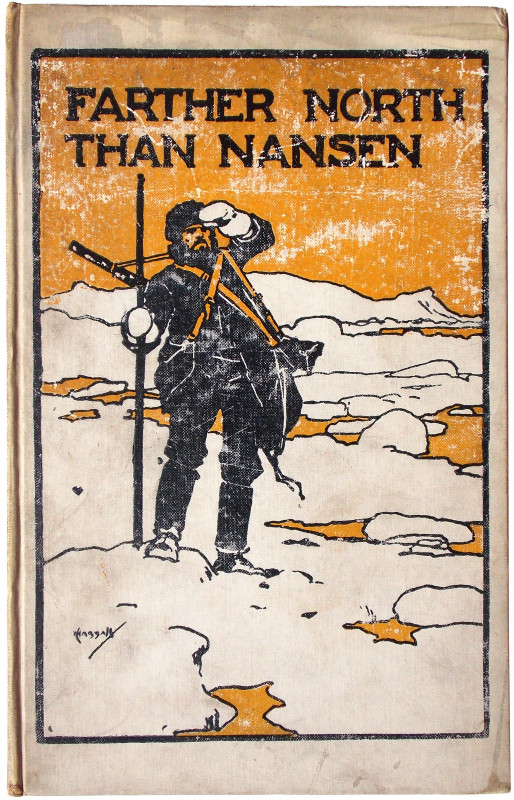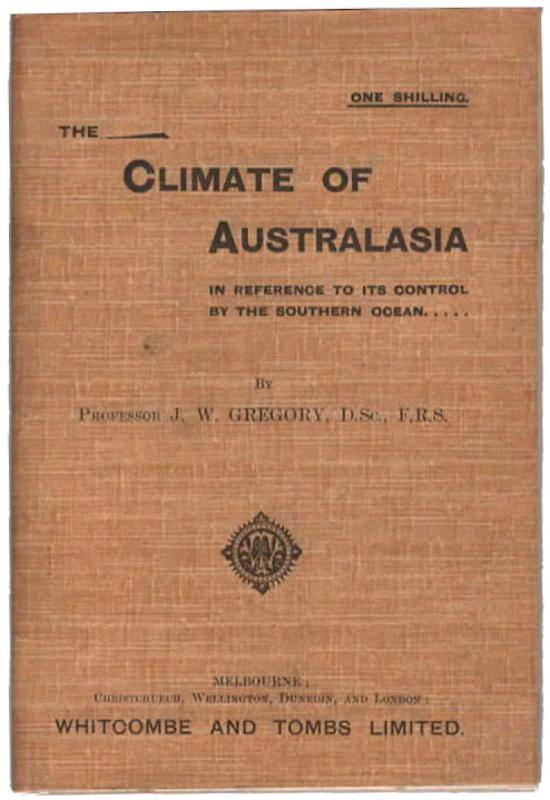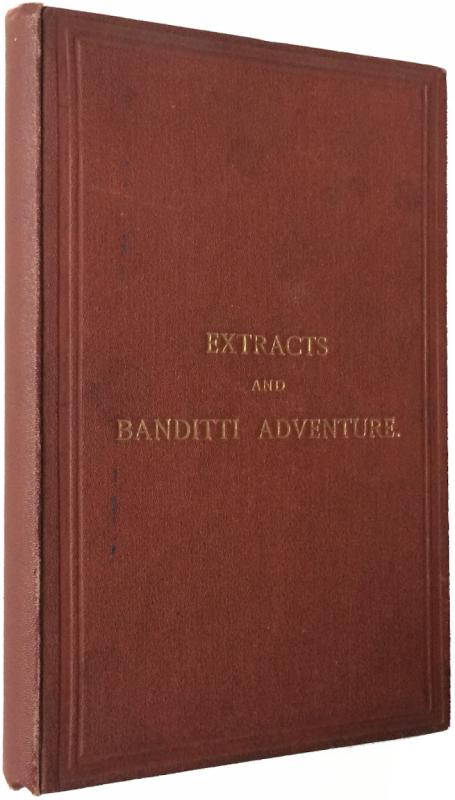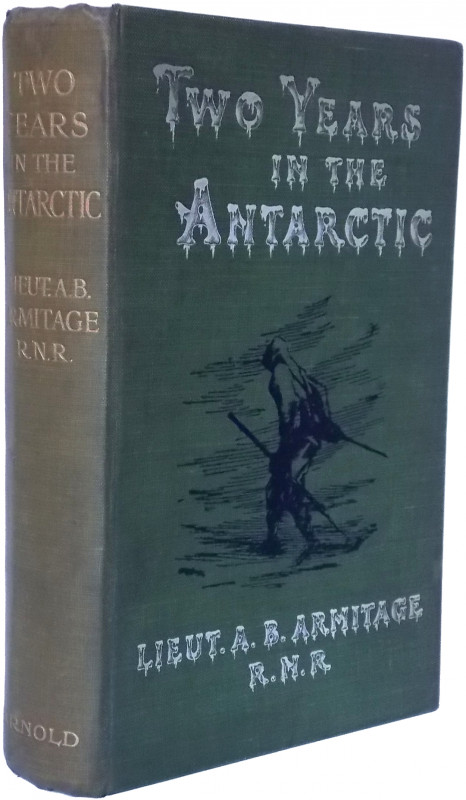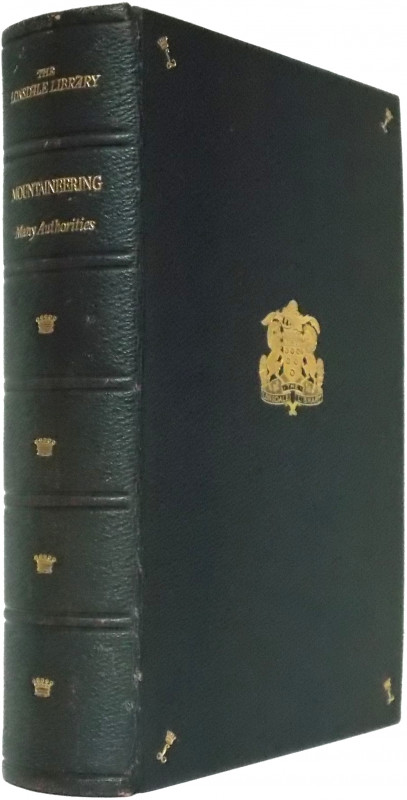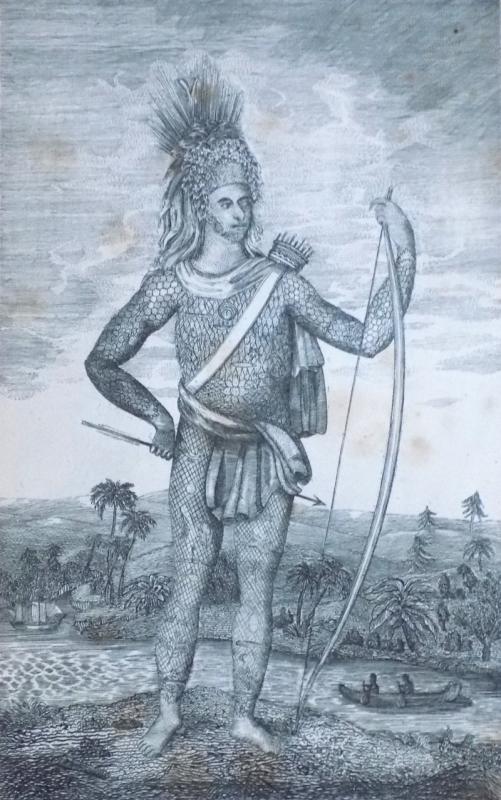‘Experiences nautiques et observations diététiques et morales proposées pour l’utilité et la santé des marins dans les voyages de long cours.’
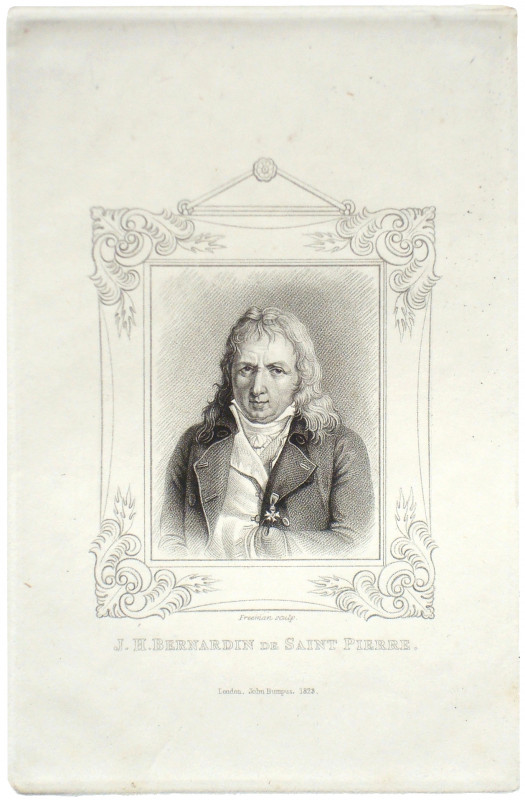

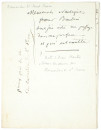
Book Description
5pp. written on two bifolia in a neat clear hand, paper watermarked “PIGNON [?] VIVAT”, signed by the author at the close “De Saint Pierre” and with the note “pour la lecture publique du 15 vendemiaire an 9”, inscribed on the first leaf by Bernardin’s friend and pupil Aimé Martin “Memoires nautiques pour Bernardin dont j’ai cité une passage dans ma preface et qui est inutile” and then transversely “précieux pour la vie de Bernardin de St Pierre”, in very good condition, contained in a 19th c. paper chemise with an engraved 1828 portrait of Saint-Pierre.
Dealer Notes
Bernardin de Saint-Pierre is today remembered for his much reprinted novel Paul et Virginie (1787), influenced by the ideas of his friend Jean-Jacques Rousseau. His first published work, Voyage à l’île de France (1773), was based on his 2-year residence as chief-engineer on the island of Mauritius from 1768. He later published the successful Etudes de la Nature (1784), in which he first postulated the idea revisited in the present manuscript: the use of sea currents to carry empty bottles bearing notes - the so-
called message in a bottle. In the article, Saint-Pierre cites three examples in which bottles were successfully sent and received, the third example being a bottle thrown into the sea just north of Mauritius that reached the Cape of Good Hope. He suggests that sailors trapped on reefs, or shipwrecked, might use such means to make contact with potential rescuers. The article goes on to recount some of his own experiences of travel by sea during his 1768 voyage to Mauritius, and Saint-Pierre recommends the need
to provide sufficient water for the health of the crew, and the benefits of conversation and music for the crew’s mental health (he mentions the case of a ship which played bagpipe music for the amusement of crew, and which reached Mauritius in a faster time than his own ship did without any incidence of ill-health among the mariners).
called message in a bottle. In the article, Saint-Pierre cites three examples in which bottles were successfully sent and received, the third example being a bottle thrown into the sea just north of Mauritius that reached the Cape of Good Hope. He suggests that sailors trapped on reefs, or shipwrecked, might use such means to make contact with potential rescuers. The article goes on to recount some of his own experiences of travel by sea during his 1768 voyage to Mauritius, and Saint-Pierre recommends the need
to provide sufficient water for the health of the crew, and the benefits of conversation and music for the crew’s mental health (he mentions the case of a ship which played bagpipe music for the amusement of crew, and which reached Mauritius in a faster time than his own ship did without any incidence of ill-health among the mariners).
Author
Bernardin de Saint-Pierre, Jacques-Henri (1737-1814).
Date
1800
Binding
See description
Publisher
The manuscript for an article that appeared in La Décade philosophique, littéraire et politique, 30 Vendémiaire an IX [22 October, 1800], pp. 141-5.
Condition
See description
Pages
5pp.
Friends of the PBFA
For £10 get free entry to our fairs, updates from the PBFA and more.
Please email info@pbfa.org for more information
